3 X BEAUTY BRANDS VYING FOR GEN Z AFFECTION
New brands are targeting the next wave of beauty lovers by reinventing coming-of-age skincare for a more pragmatic, but still visual-first, generation of customers. Here are three brands hitting the mark:
1. Starface
The teen beauty market has moved away from pure aesthetics and is increasingly catering to the next generation of ‘skinthusiasts’. This means that Gen Z skincare brands need to start merging playful branding with science-backed products in order to satisfy the diverse needs of this discerning age group
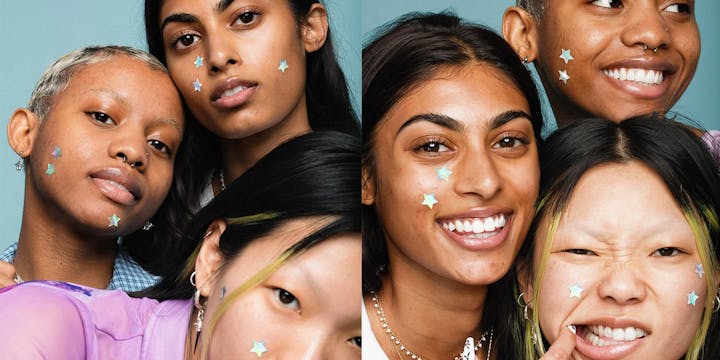
Image: Starface
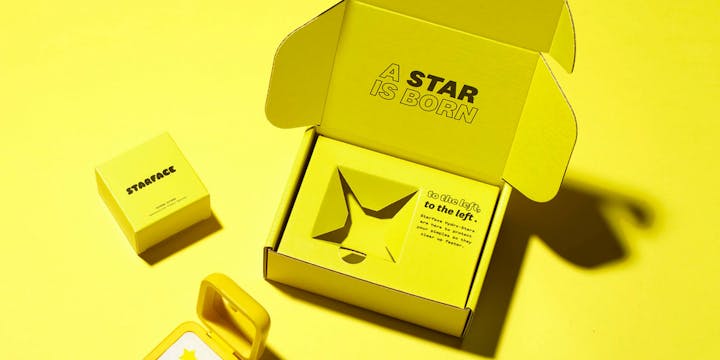
Image: Starface
No brand encompasses a readiness to play more than Starface – a line of photogenic hydrocolloid pimple patches. Created by Julie Schott, former beauty director of Elle.com, these so-called Hydro-stars don’t shame your pimples, instead they turn your face into a selfie-ready star map.
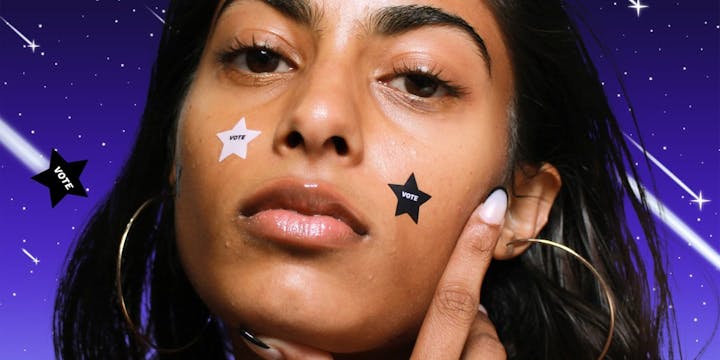
Image: Starface
In a bid to boost voter registration in the 2020 United States presidential election, Starface partnered with Alliance for Youth Action, a network of organisations that encourages progressive political power for youth across America, to create a limited-edition “Vote” redesign. These patches, worn by fans of the brands and celebrities alike, have been seen across social media as a new form of graphic activism.
2. Perfect Diary
Bolstered by its strong presence on Douyin, limited editions with local influencers such as ‘Lipstick King’ Li Jiaqi and cross-category collaborations with brands such as Oreo, Chinese cosmetics brand Perfect Diary has seen its Gen Z customer base flourish in recent months.
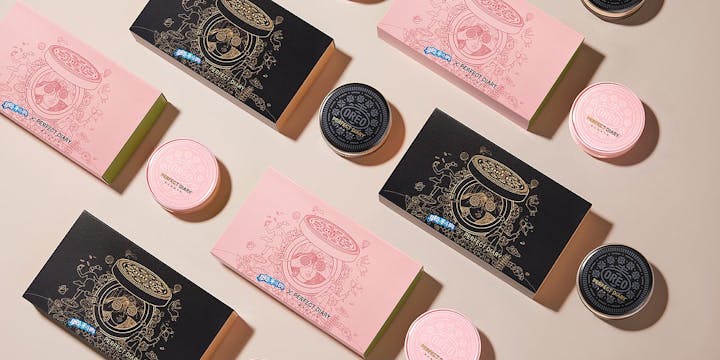
Image: Perfect Diary x Oreo
According to the South China Morning Post, it has become the country’s third biggest cosmetics brand, and owns 4% of the Chinese market for colour cosmetics according to a recent Euromonitor report.
To reach young consumers, Perfect Diary has focused on a strategy that combines accessibility and unexpected collaborations to generate a rolling stream of new news.
Fictional influencers have also played a role in marketing to Gen Z. Xiao Wanzi, for instance, was the first in a line of virtual influencers created by Perfect Diary to act as ‘big sisters’ to young Chinese consumers seeking beauty guidance.
3. Kinship
Kinship has adopted a community-first approach to Gen Z selfcare – think pre-Glossier consumer.
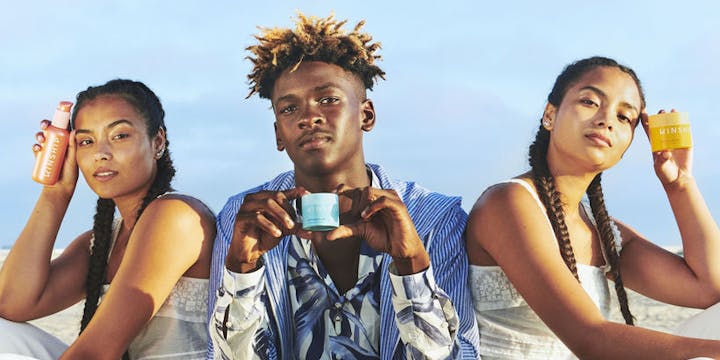
Image: Kinship
Kinship is rooted in consciousness – its products are accessible, clean, consciously packaged and cruelty-free. While many natural and often educational skincare brands tend to opt for science-based language and information to show their efficacy, Kinship takes a youthful, graphic approach. To reach its target audience, the brand’s first campaign is colourful and youth-focused, featuring young men and women, emojis and text exchanges about self-care.
SEEN is compiled by LOVE’s Head of Culture, Kat Towers. Want to say hello, ask questions or challenge her cultural knowledge? Get in touch - kattowers@lovecreative.com